Healthy Living With Glaucoma
For people with glaucoma or at risk of developing it, a healthy lifestyle that includes regular exercise and a nutritious diet is especially important. In addition to benefiting overall physical and mental well-being, exercise and nutrition promote eye health. Maintaining mental and emotional health is also important.

Recipes
Eat a Varied and Healthy Diet
Healthy Diet Choices
Carotenoids, especially lutein and zeaxanthin, are found in dark green, yellow, and orange fruits and vegetables
- broccoli
- brussels
- collard greens
- egg yolks
- green beans
- green peppers
- kale
- lima beans
- mango
- okra
- orange peppers
- spinach
- squash
- sweet potatoes
- yellow corn
Sources of Vitamin C
- broccoli
- cantaloupe
- citrus fruits
- green peppers
- leafy greens
- tomatoes
- strawberries
- sweet potatoes
- tomatoes
- white potatoes
Sources of Vitamin E
- eggs
- fortified cereals
- fruit
- leafy greens
- nuts/nut oils
- vegetable oils
- wheat germ
- whole grains
Sources of Vitamin A
- carrots
- egg yolks
- liver
- mangoes
- milk
- sweet potatoes
Sources of Vitamin D
- cereal
- cod liver oil “oily” fish
- egg yolks
- fortified milk
Sources of Zinc
- beans
- certain seafood
- dairy
- fortified cereals
- nuts
- oysters
- poultry
- red meat
Sources of Omega-3 Fatty Acids
- flaxseed oil
- sardines
- walnuts
- wild salmon
More Tips for Healthy Living
Limit caffeine intake.
Some evidence suggests that high amounts of caffeine may increase eye pressure.

Exercise daily.
Some studies indicate that exercise can lower eye pressure. Aerobic activities such as walking, swimming, or even working in the yard are recommended.

Maintain a healthy weight.
Keep blood pressure at a normal level and control other medical conditions.

Don't Smoke.
Smoking increases blood pressure and inflammation in the eye, which leads to an increased chance of cataracts and diabetes. Both cataracts and diabetes are risk factors for glaucoma. Smoking also increases the risk of macular degeneration and other eye conditions.

Prevent overexposure to sunlight.
Wear wide-brimmed hats and high-quality sunglasses that have 99- to 100-percent UVA and UVB protection.

Visit an Eye Doctor Regularly.
See an eye doctor for a comprehensive, dilated eye exam regularly to identify early signs of glaucoma or other vision diseases. If you have glaucoma, make follow-up visits as recommended.
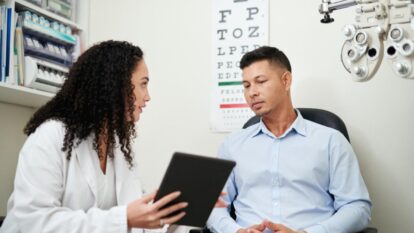
Resources & Information
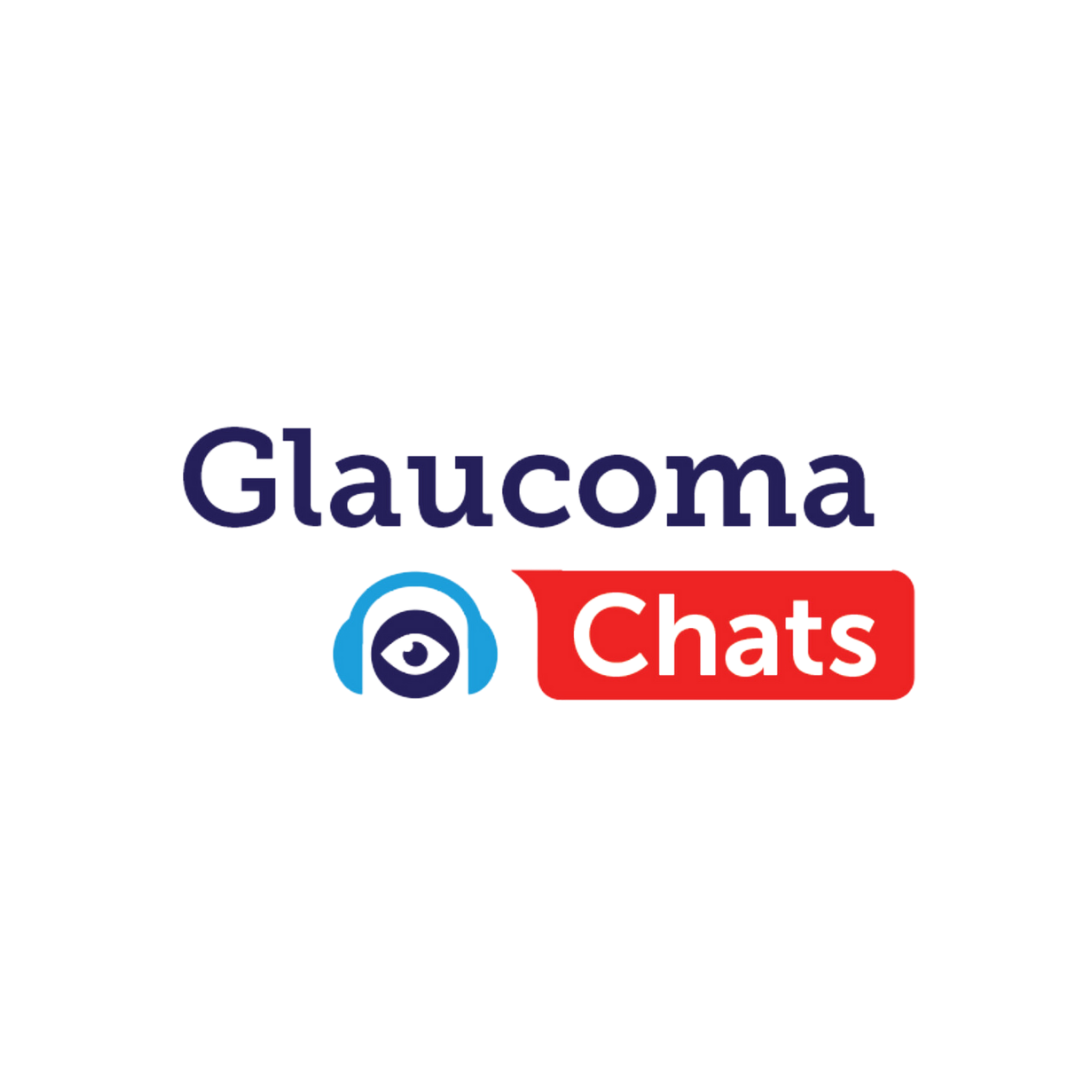
Podcast
Childhood Glaucoma
Learn about the different types of childhood glaucoma, including primary congenital, infantile, and juvenile glaucoma.

Glaucoma Chats
Cataracts and Glaucoma: What You Should Know in 2024
In this Glaucoma Chat episode we discussed the complex relationship between cataracts and glaucoma.

Expert Information
Ask An Expert: How Do I Know If I Have Glaucoma?
Protecting your eyes is one of the main actions you can take to prioritize your health as you age.

Glaucoma Chats
What I Wish My Doctor Had Told Me About Glaucoma
This event featured two glaucoma experts, Amy Zhang, MD and Amy Mehta, MD, who discussed important questions you should ask your doctor about your glaucoma diagnosis.
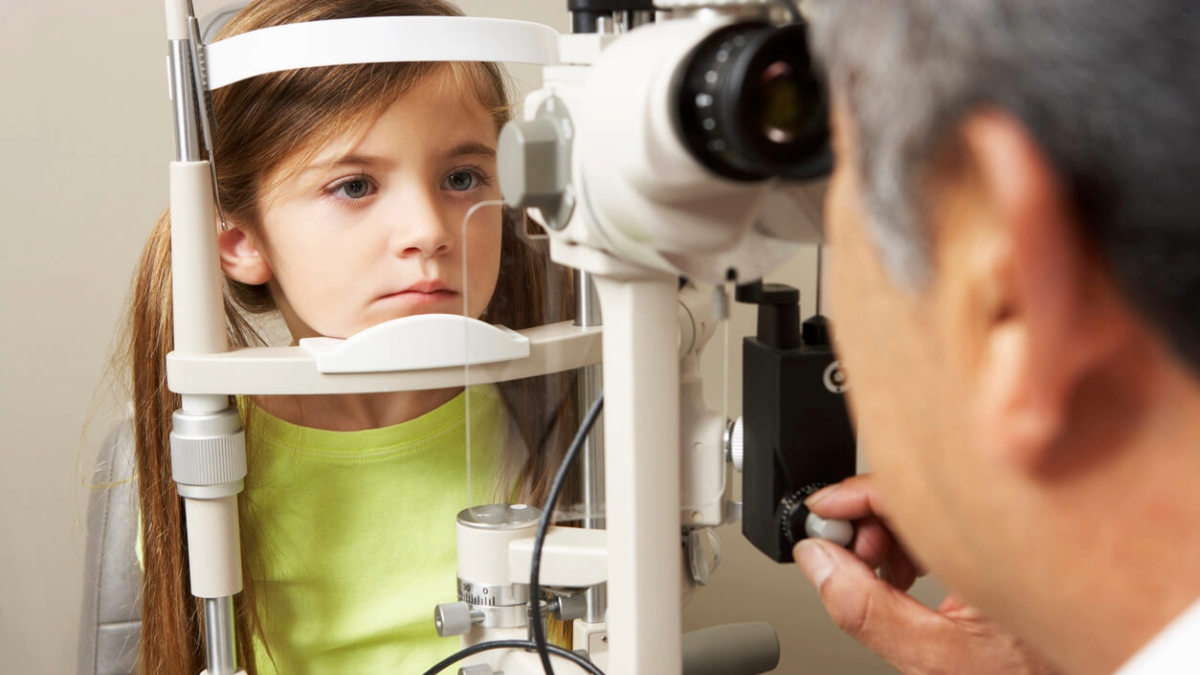
Expert Information
Childhood Glaucoma
Learn about the various forms of childhood glaucoma, as well the associated risk factors, examination procedures, and treatments.

Expert Information
Medications That May Adversely Affect Glaucoma
Learn about medications that may raise eye pressure and the risk of developing glaucoma, including tips on managing medication for those with narrow angles or angle-closure glaucoma.
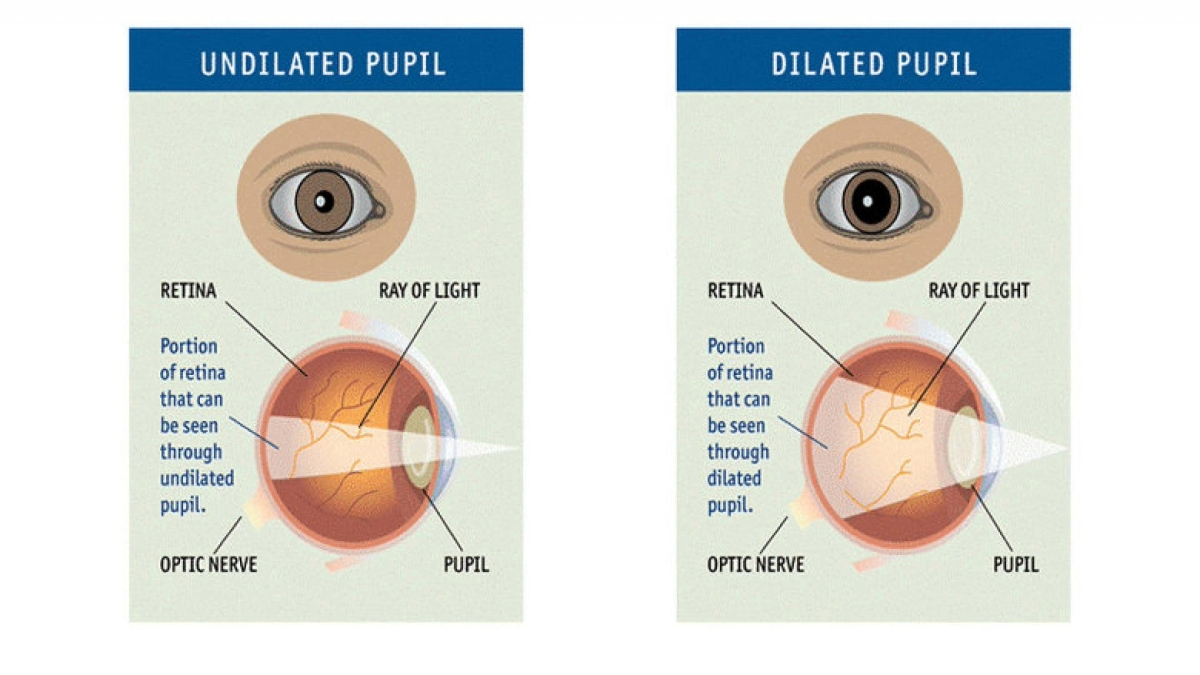
Expert Information
The Dilated Eye Exam: Why It’s So Important
Learn how a dilated eye exam helps protect your eye health and prevent vision loss, with insights from the BrightFocus Foundation.

Expert Information
How Glaucoma May Affect Vision
See how glaucoma affects vision.
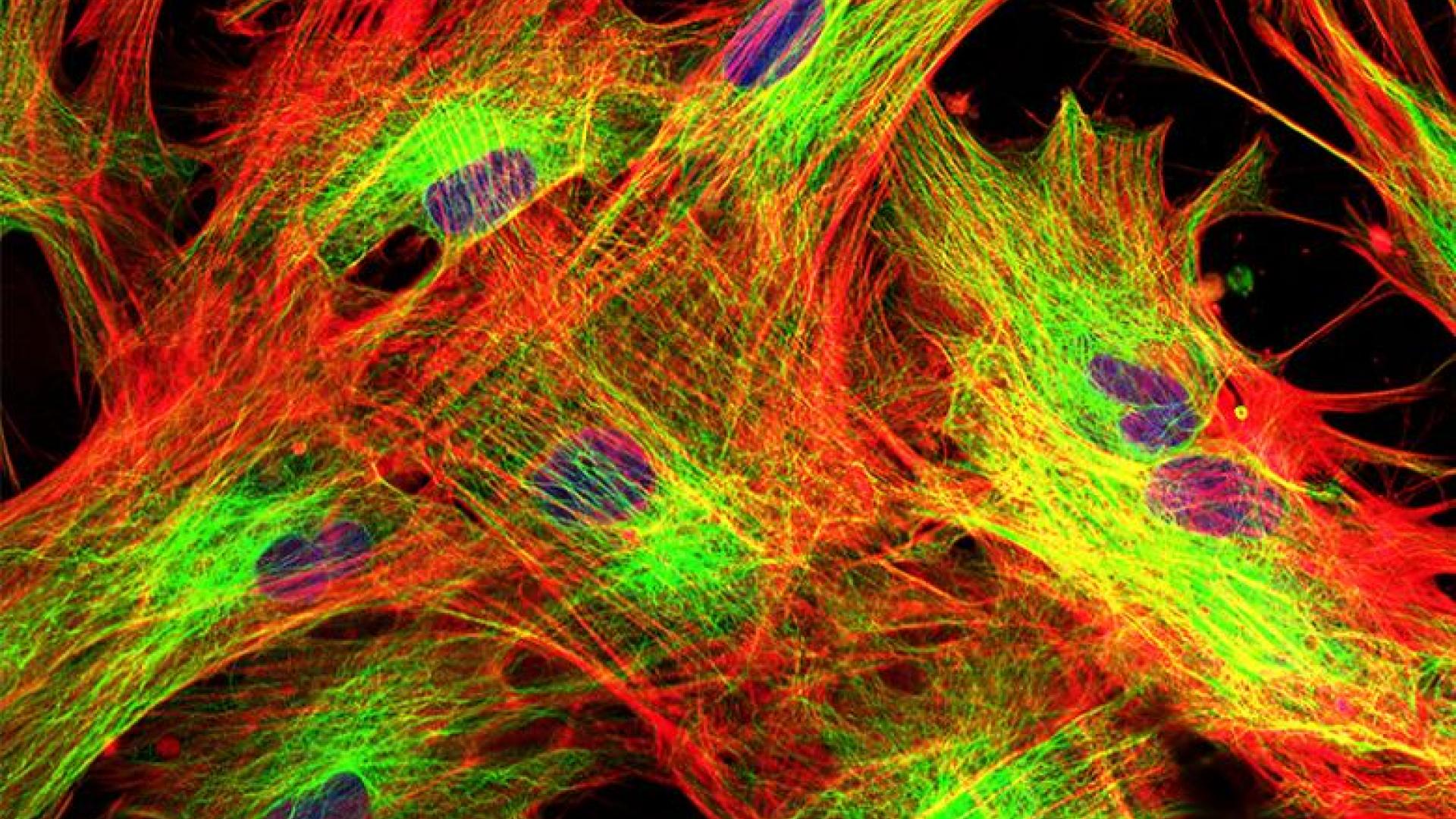
Expert Information
Can Stem Cell Treatments Cure My Glaucoma?
Learn about several areas of investigation in the use of adult stem cells to treat glaucoma.












